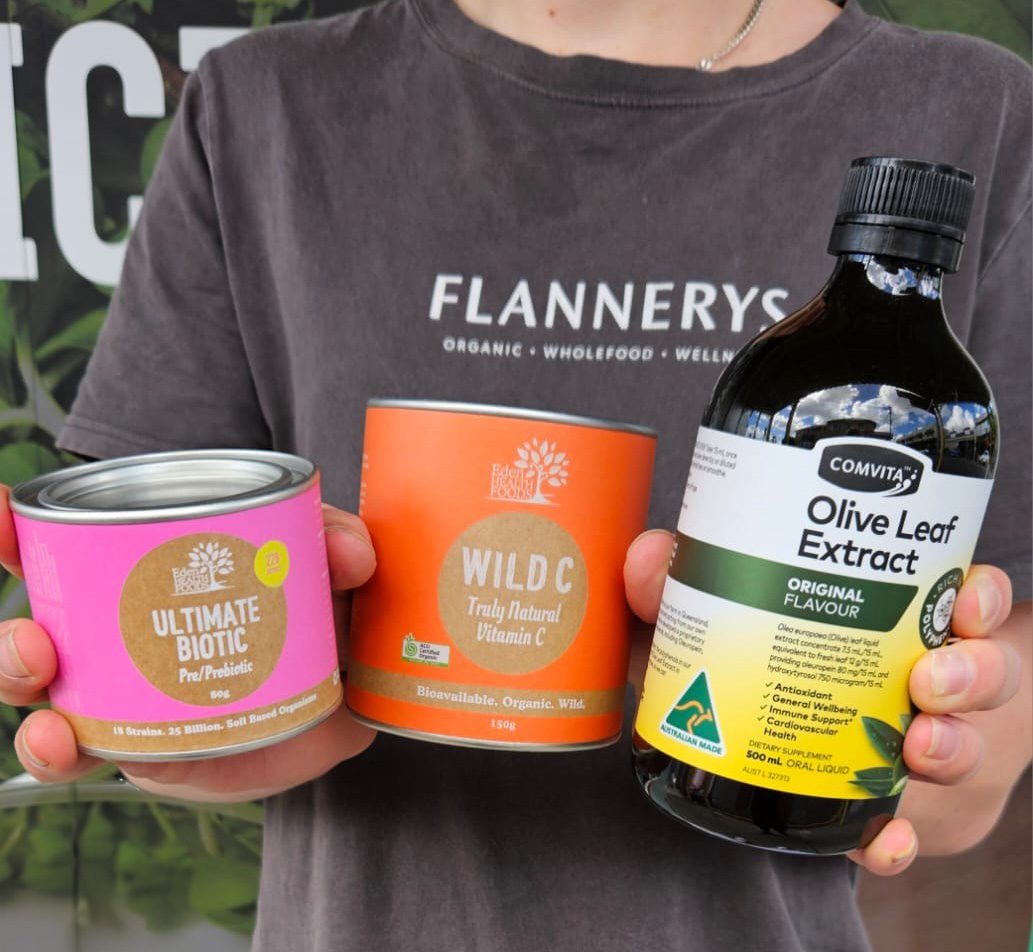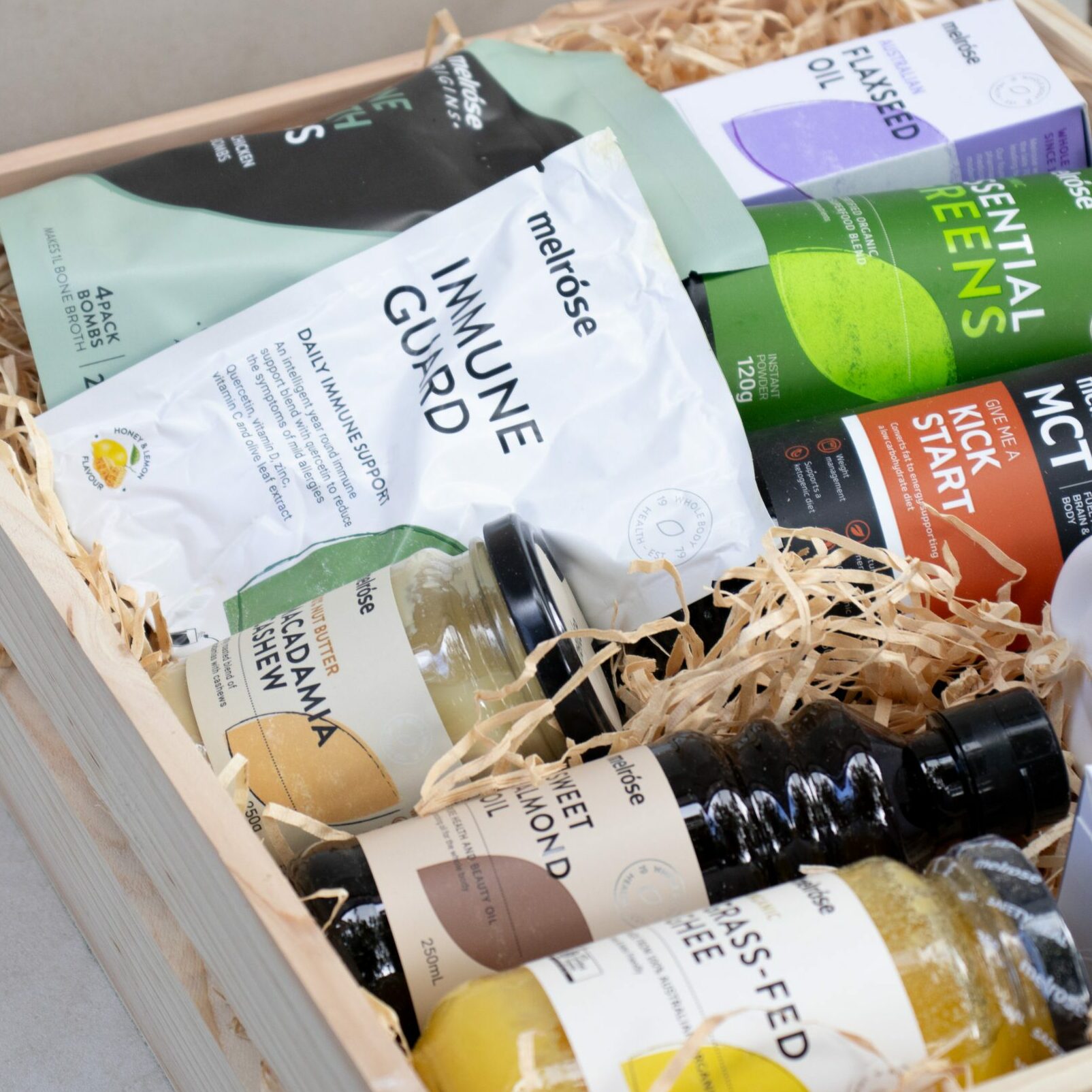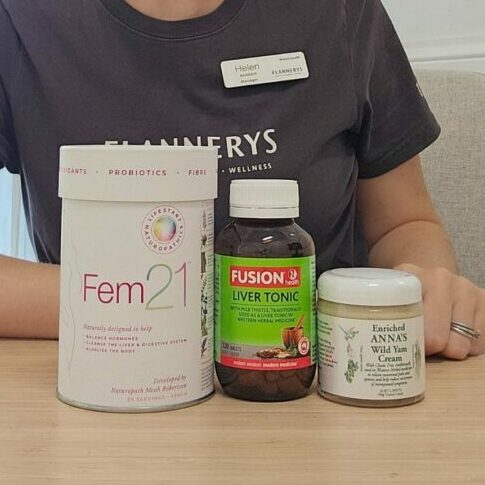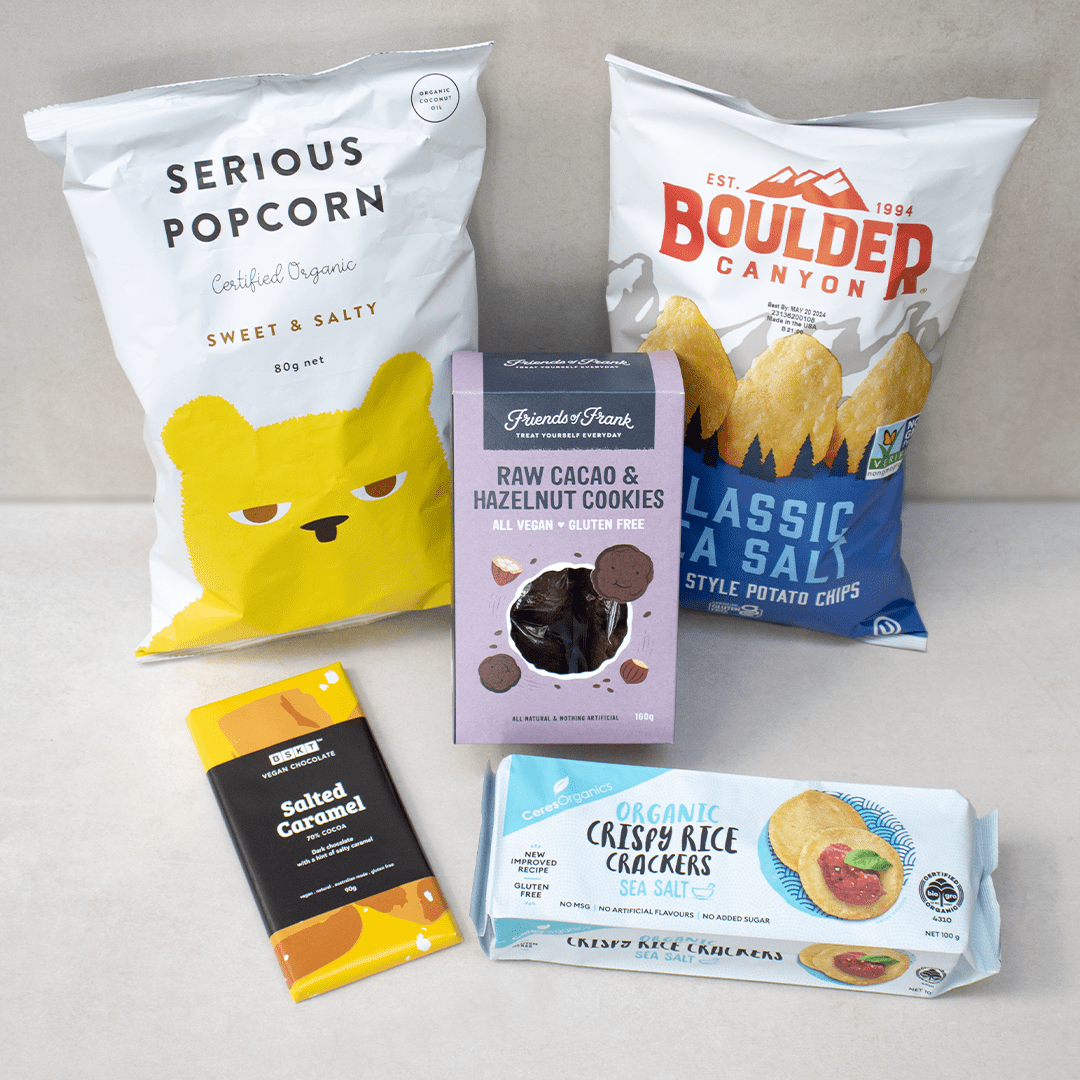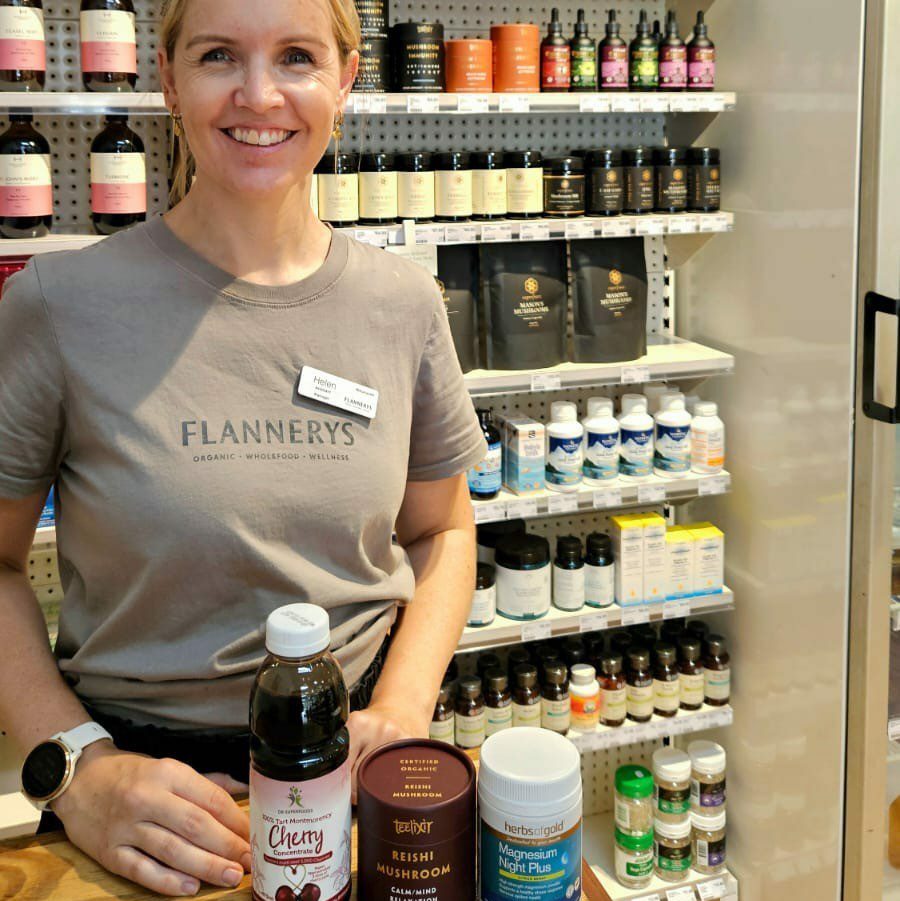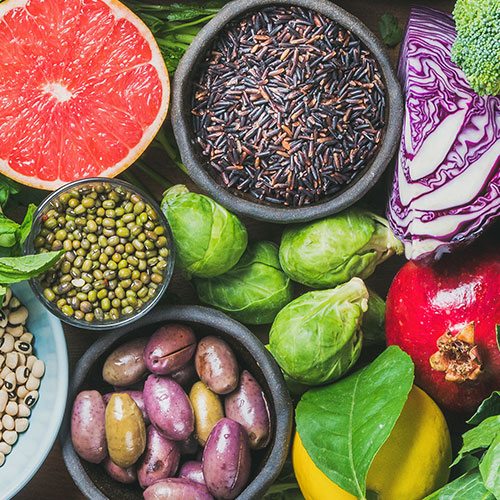
30.10.2017
Essential Nutrients for Vegans
Veganism is when a person doesn’t eat or use animal products. This includes removing all dairy, meat, honey, seafood, eggs and anything sourced from animals from the diet. Reasons for going vegan are different for everyone; whether it’s related to health, the environment or animal welfare. But going vegan doesn’t mean your nutrition has to suffer. By focusing on achieving a balanced diet through food and supplements, eating a plant-based diet can be free of nutrient deficiencies. Here we list some nutrients to be extra mindful of when going vegan…
Iron + Vitamin C
Iron is essential for energy and transporting oxygen in the blood. Iron deficiency can include fatigue, weakness and shortness of breath. Since iron is lost through menstruation, it can be common among young women. Animal sources of iron are generally absorbed more easily by the body than plant sources of iron; however, simply adding foods with plenty of vitamin C can help boost iron absorption.
Foods that contain vitamin C include:
- Citrus fruit
- Berries
- Capsicum
- Tomatoes
- Broccoli
- Kiwi fruit
- Pineapple
Plant sources of iron include:
- Legumes
- Tofu
- Nuts
- Seeds
- Dried fruit
- Dark green leafy vegetables, e.g. spinach
- Fortified grains
Vitamin B12
Vitamin B12 is essential for brain and nervous system functioning. It also works on red blood cell formation and breaking down fatty acids and amino acids for energy.
B12 is found naturally in animal food sources, such as meat, milk, cheese and eggs. Without these foods in a vegan diet, it’s essential to supplement your diet with B12 from alternative sources, including:
- Foods fortified with B12, such as soy milk and vegan burgers
- Daily and weekly B12 supplements, such as Herbs of Gold Activated Sublingial B12 and Bioceuticals B12 Spray
Essential Omega-3 Fatty Acids
Being ‘essential’ means our bodies can’t produce omega-3 fatty acids alone and needs it from food. Although fish and seafood sources of omega-3 generally offer the most health benefits, you can still find omega-3 in plant sources. For example:
- Walnuts/walnut oil
- Chia seeds
- Linseeds/flaxseeds/flaxseed oil
Calcium
Without dairy, it’s important to ensure you’re eating plenty of plant-based sources of calcium to maintain strong bones and teeth.
These foods include:
- Tofu
- Almonds
- Almond or soy milk
- Green leafy vegetables
- Unhulled tahini
- Calcium-fortified foods, including bread and yoghurt alternatives
- Chia seeds
Selenium
Selenium is an important mineral for a healthy metabolism and immune system. Many of the top sources of selenium are from animal sources, so ensure you’re eating plenty of selenium-rich plant foods, including:
- Brazil nuts
- Mushrooms
- Oats and bran
- Sunflower seeds
Iodine
Iodine is needed for thyroid regulation, which effects metabolic processes such as growth and energy use. It’s critical before and during pregnancy and breastfeeding for brain development in children. The amount of iodine in plant foods can depend on how much is present in the soil it’s grown in. Most bread is fortified with iodised salt; however, generally plant foods contain low amounts of iodine, except for seaweed, so taking an iodine supplement may help avoid deficiency. Try BioCeuticals Iodine Drops.
Note: it’s important not to take an excess of iodine and instead achieve a balanced amount, as excess can also lead to thyroid problems.
Share this post with your friends

